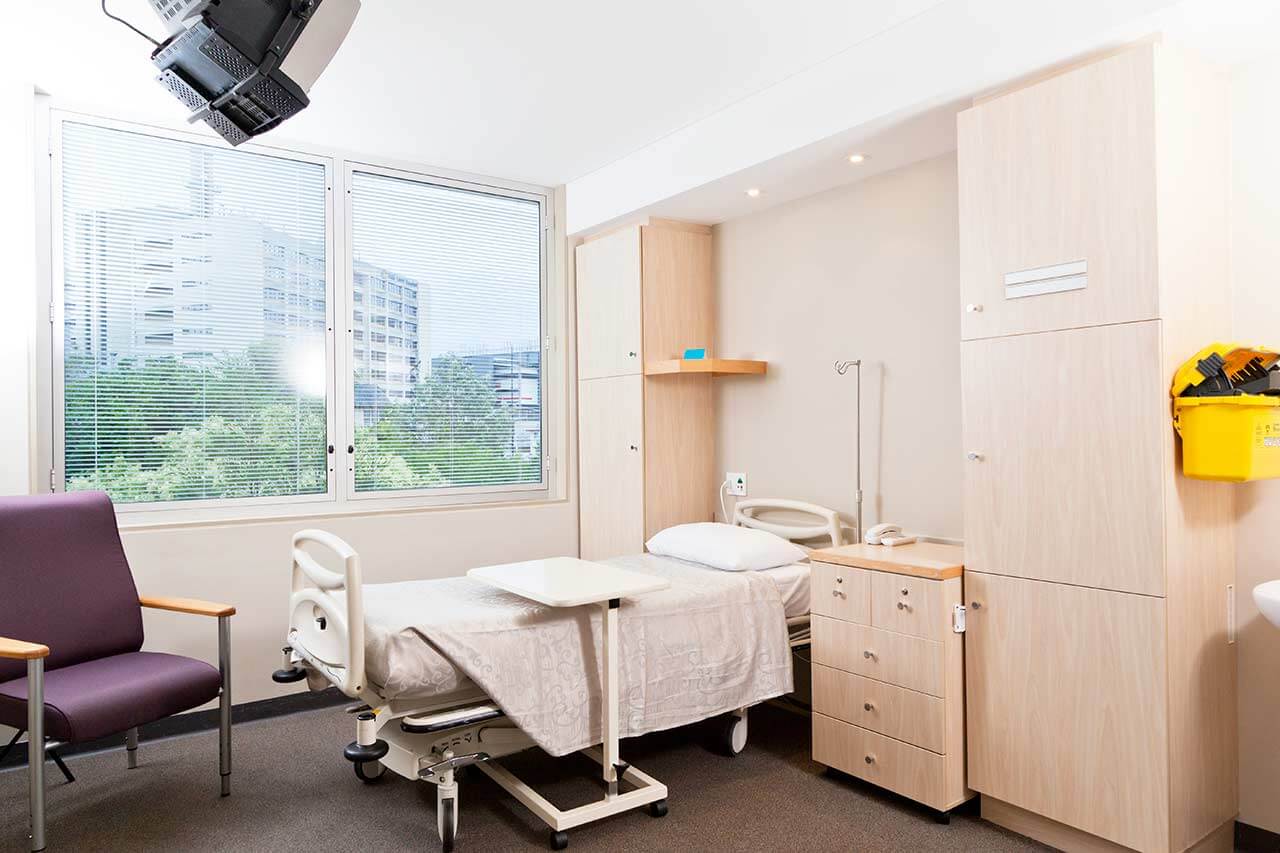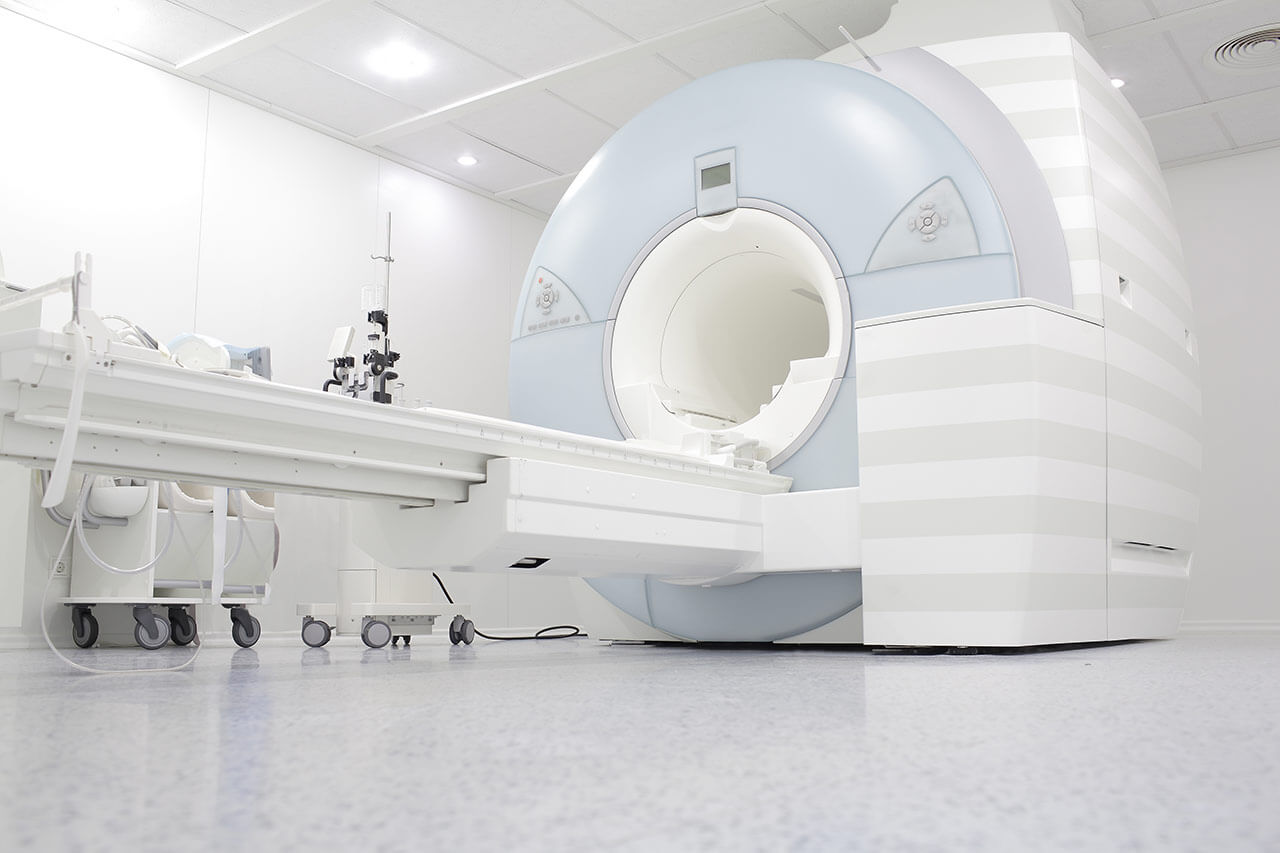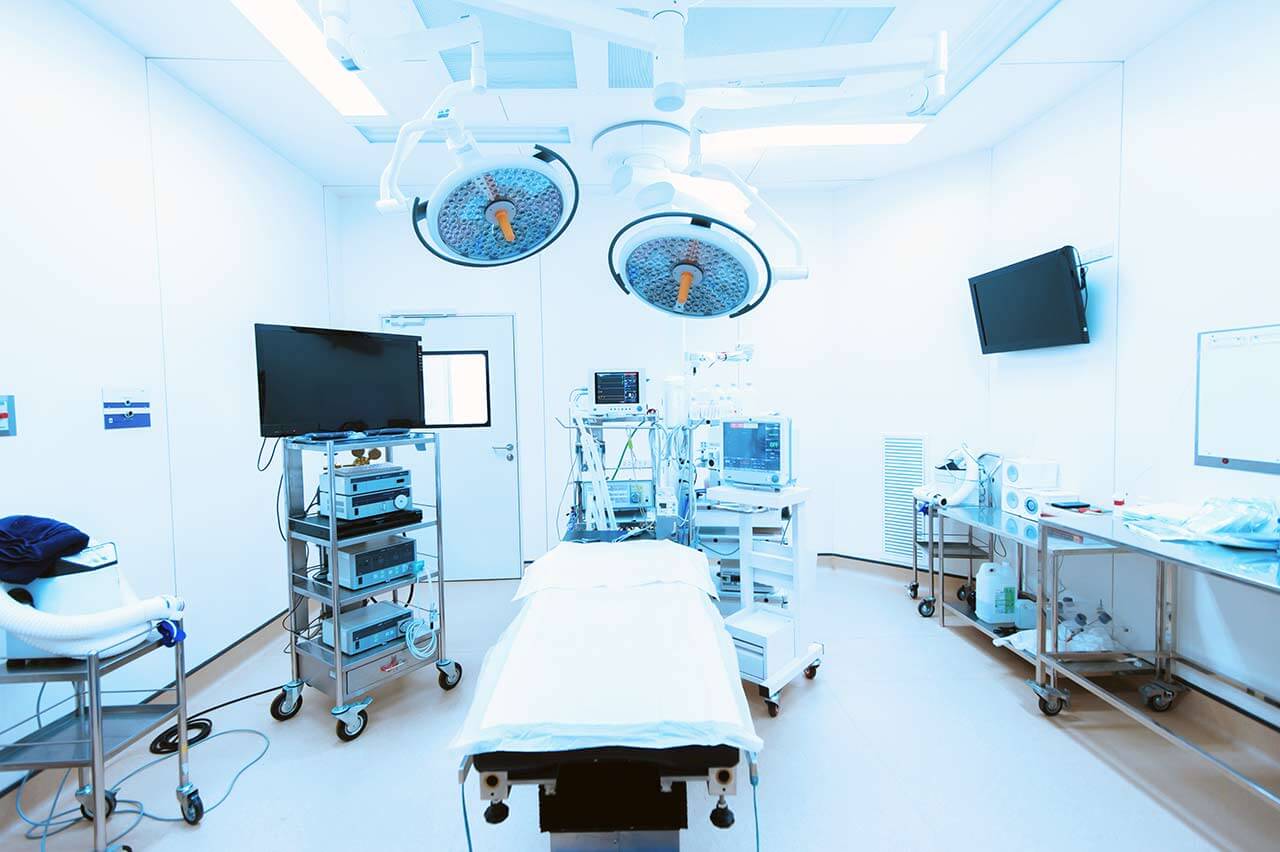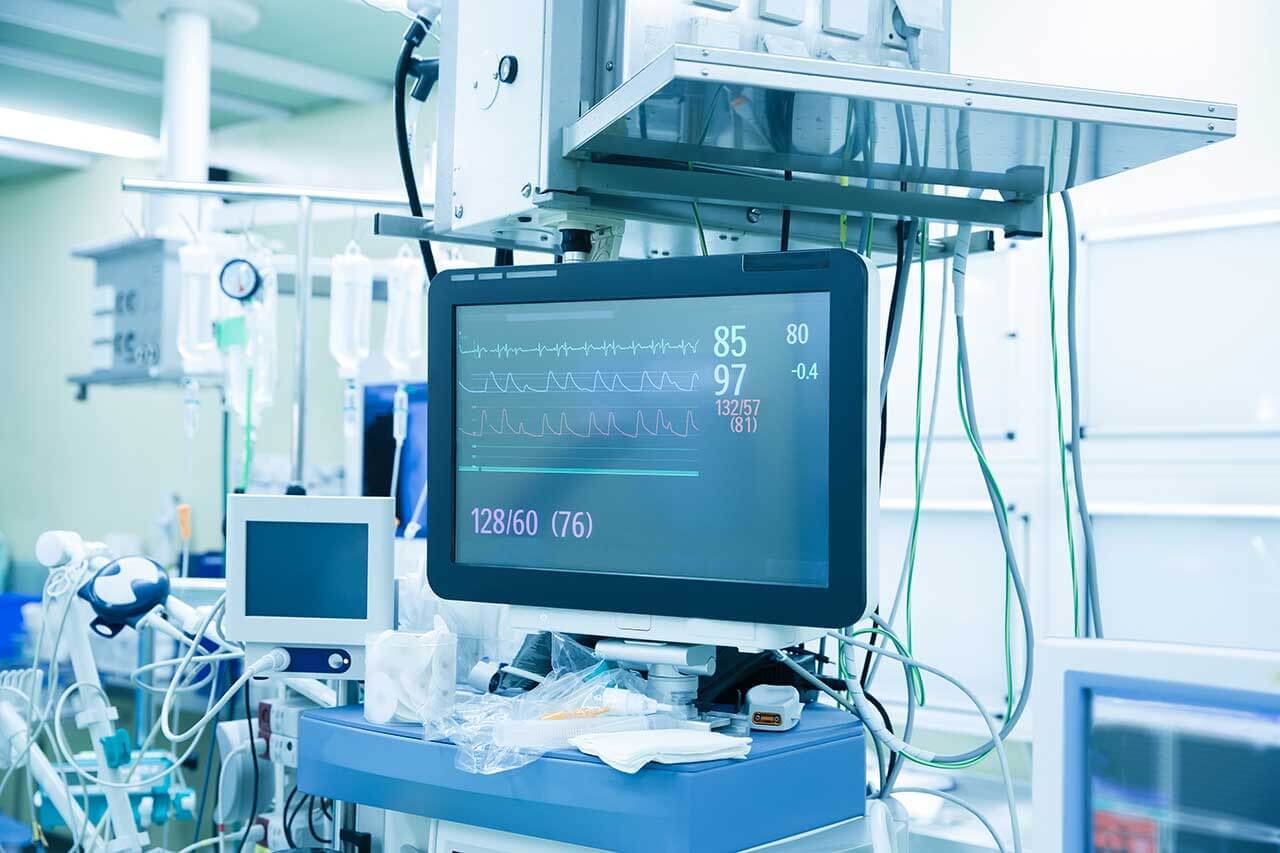
About the Department of Adult and Pediatric Urology at University Hospital Rechts der Isar Munich
The Department of Adult and Pediatric Urology at the University Hospital Rechts der Isar Munich provides high-precision diagnostics and effective treatment of the full range of diseases of the kidneys, urinary tract, bladder, prostate, testicles and their appendages, vas deferens and penis. The treatment of urologic cancers is of particular interest. The focus of pediatric urologists is on young patients with congenital and acquired malformations of the genitourinary system. The department has its in-house advanced operating rooms, an X-ray unit, and two stations with 57 beds. The high quality of medical care is confirmed by many prestigious certificates, including the DEKRA certificate and the certificate of the European Board of Urology. As one of the best urologic facilities in Germany and a leading urology clinic in Munich, the department has been offering patients the daVinci robot-assisted surgery since 2009, which has many advantages for patients: minimal pain, speedy recovery, the highest level of precision compared to conventional surgical interventions.
The department is headed by Prof. Dr. med. Jürgen Gschwend, who has been applying his professional skills for more than 25 years to ensure that patients with diseases of the urinary system and male reproductive system receive the best medical care. The urologist is recognized as one of the leading specialists in treating prostate cancer, kidney, and bladder tumors in Germany and has excellent qualifications in minimally invasive and da Vinci robot-assisted surgery. For many years, Prof. Gschwend has been a member of the Working Group on Urological Oncology of the German Cancer Society (DKG) and regularly works on the preparation of his scientific publications, of which he already has more than 340.
The department's priority clinical focus is on the treatment of malignant tumors of the genitourinary system. The unique experience of the department's specialists allows for successful treatment of prostate cancer, bladder cancer, testicular tumors, kidney and adrenal cancer, as well as penile cancer. If the patient is diagnosed with cancer, the department's doctors jointly study the diagnostic results and develop a treatment regimen. A tumor board gathers not only urologists, but also oncologists, nephrologists, radiation therapists, radiologists, gynecologists and other specialists. In most cases, the basis of the therapeutic protocol is surgery, chemotherapy and/or immunotherapy. The department's specialists perform surgical interventions using sparing laparoscopic or minimally invasive robot-assisted techniques.
Robot-assisted surgery using the da Vinci device has been performed in the department since 2009, so doctors have a wealth of experience and excellent clinical data in this area. The range of robotic surgical procedures includes organ-preserving removal of kidney tumors in renal cell carcinoma, radical prostatectomy in prostate cancer with the preservation of regional nerve endings and blood vessels, removal of retroperitoneal lymph nodes in testicular tumors, renal pelvis plastic repair in case of its stenosis and correction of ureteral stenosis. Such interventions allow the patient to avoid severe operative and postoperative risks typical of classical open surgery, as well as provide minimal pain and a good aesthetic result.
The treatment of kidney stone disease, kidney cysts, urinary incontinence in women and men is also of particular interest to the department's medical team. Whenever possible, preference is given to conservative therapeutic methods, but if they do not lead to the desired result, then specialists resort to surgical interventions. At the same time, almost all operations are performed using sparing minimally invasive techniques, which contributes to the patient's rapid recovery and reduced hospitalization period.
The department's main clinical activities include:
| Treatment of oncological diseases of the urological spectrum |
|
| Plastic reconstructive urological interventions |
|
| Treatment of urinary incontinence |
|
| Treatment of kidney stone disease |
|
| Treatment of benign prostatic hyperplasia |
|
| Pediatric urology |
|
| Correction of penile defects |
|
| Robot-assisted surgery (daVinci robotic system) |
|
| Other medical services |
Curriculum vitae
After studying medicine at the Ludwig Maximilian University of Munich and at the University of Ulm (1981: state examination and thesis defense) Prof. Gschwend began his internship at the University Hospital Ulm. After receiving a scholarship from the German Research Foundation, he worked at the Memorial Sloan Kettering Cancer Center (1995 - 1996). In 1998, the professor had his habilitation on the subject: "Induction of apoptosis in prostate cancer." Since 2006, Prof. Gschwend has been the Professor and Head of the Department of Adult and Pediatric Urology at the University Hospital Rechts der Isar Munich.
Prof. Gschwend's research activities are focused on surgical, clinical and experimental urology. Research projects include molecular biology of bladder and prostate cancer with an emphasis on micrometastases and signaling.
Memberships in Professional Societies
- Official Representative of the Working Group on Urologic Oncology of the German Cancer Society.
- Member of the Board of Directors and Coordinator of the German Society of Urology.
- Official Representative of the Working Group on Urologic Oncology of the German Society of Urology.
- Deputy Chairman of the Comprehensive Cancer Center Munich.
Most Significant Awards
- 2008 Award of the Faculty of Medicine and the Medical Association of the Technical University of Munich.
- 2000 Maximilian Nitze Prize of the German Society of Urology.
- 2000 Merkle Research Prize of the University of Ulm.
Photo of the doctor: (c) Klinikum rechts der Isar der Technischen Universität München






